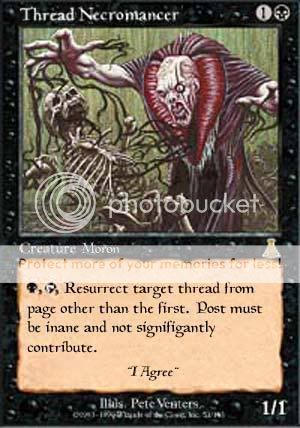Because NP's try to expand their scope not by education and training but by propaganda and donating money to lawmakers. This puts the unsuspecting public at huge risks. It's very cowardly of NP's if you ask me.
Advanced practice nurses reveal agenda for independent practice
Two bills filed remove physician supervision, give broad prescriptive authority to APNs
After six years of relative calm, the Coalition for Nurses in Advanced Practice emerged with guns blazing this week seeking a broad expansion of the scope of practice for advanced practice nurses.
In 2001, physicians and APNs agreed to a moratorium on scope of practice battles lasting three legislative sessions. That moratorium has now expired and on Monday, Feb. 9,
CNAP stormed the Capitol with more than 400 APNs armed with reams of propaganda purporting the superiority of nurse practitioners in providing the coordinated care, patient education and proper follow-up for the management of chronic diseases. Research supports NPs out-perform physicians in these areas, claims one of the CNAP handouts.
Two bills filed this session would give broad prescriptive authority to APNs, virtually stripping all physician supervision of APNs from state law.
House Bill 1107 by Rep. Wayne Christian, R-Center, would give complete independent authority for nurses to practice medicine by allowing the Texas Board of Nursing to grant prescriptive authority for APNs. It would also remove all mention of APNs from the physician delegation statutes in the state Occupations Code.
H.B. 696 by Rep. Rob Orr, R-Burleson, would remove physician prescriptive delegation to APNs. Instead, the bill would institute prescriptive agreements, essentially allowing physicians and APNs to establish their own guidelines for collaboration through unlimited, open-ended contracts with no minimum standard of supervision. For instance, the parties could agree that an annual conference call would sufficiently constitute supervision over all APNs collaborating with a physician.
According to initial analysis, the bill would allow an APN to treat the full range of health problems including the prescribing of schedule II pharmaceuticals in a hospital, office or school so long as he or she is not barred from doing so in the prescriptive agreement.
The bill also increases the number of APNs a physician can supervise from three to eight, but if the physician sees fit, he or she may exceed even that limit. In essence, the bill allows a physician to enter into prescriptive agreements with an unlimited number of APNs.
The fact is non-physician practitioners dont have the training, the education or the skills to practice medicine, certainly not with the same level of quality as physicians, said Tom Banning, TAFP CEO. The nurses are pushing a very aggressive expansion of authority and that threatens patient safety. Lowering the standards of Texas medicine is not the right solution to address problems of access to care for Texans. TAFP needs your active participation during this legislative session to make sure we protect the quality of care in this state.



